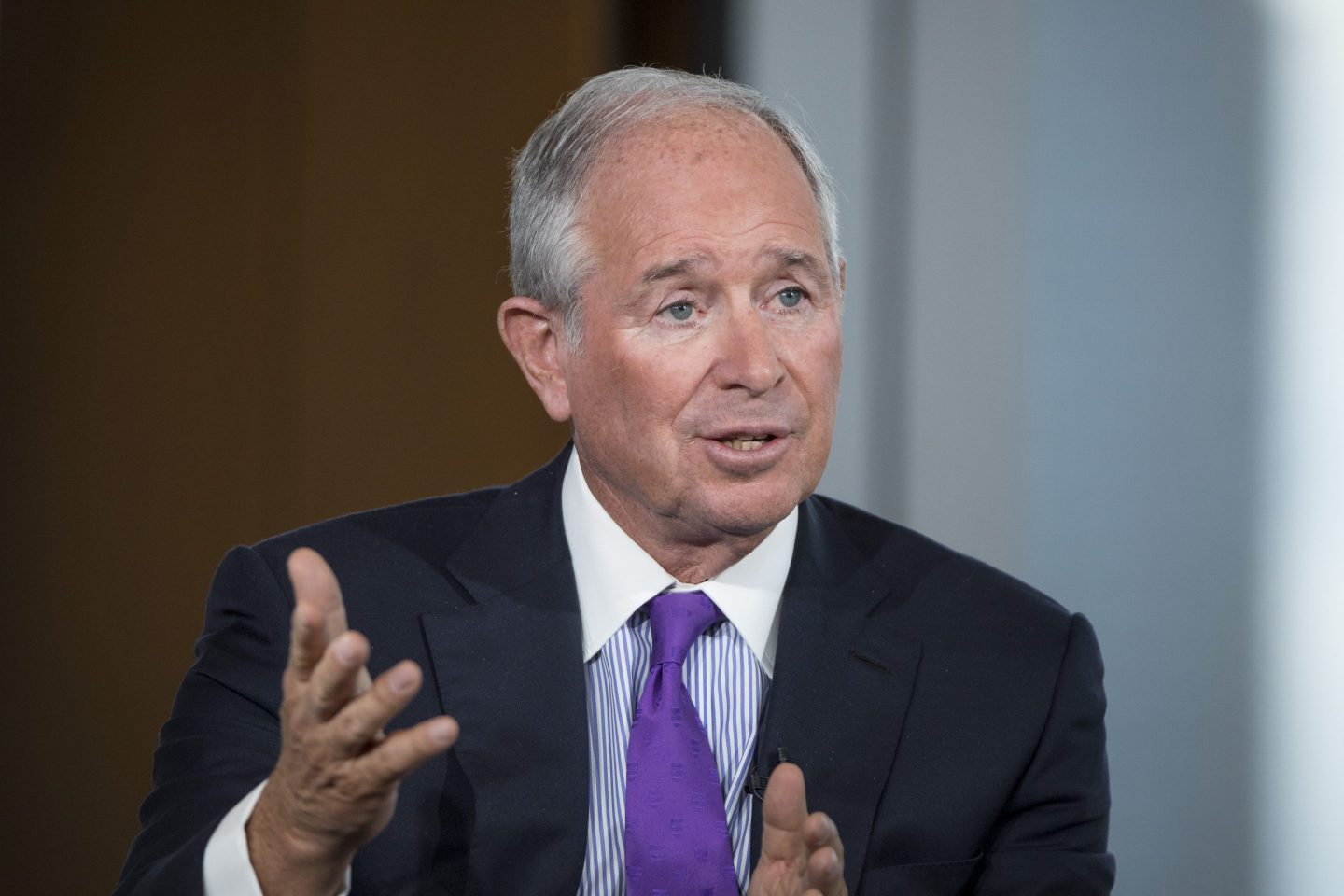Millennials, who now boast over a decade of job experience, have seemingly had enough and are ready to take a step back. A whopping 55% of millennials worldwide are willing to sacrifice a hefty 20% of their paycheck for the sake of achieving a better work-life balance.
Ford’s latest research, drawing insights from interviews with over 16,000 workers in 16 countries for its 2024 trends report, unveils that American millennials stand out in their pursuit of a more relaxed career trajectory compared to their Western counterparts.
In the U.S., 60% of millennials say they would wave goodbye to the traditional American dream of hard work and big salaries, opting to exchange a chunk of their income for a slower-paced life.
Contrastingly, only 43% of Gen Xers and a mere 33% of baby boomers would consider taking a pay cut to strike a balance between work and life. Even Gen Zers, who will be the lowest paid on average, are less inclined to compromise their salary for the sake of a harmonious work-life equilibrium.
Millennials “are opting to step away from the constant hustle of career advancement and are willing to accept the potential sacrifices that come with prioritizing their own well-being,” the report says.
By contrast, in France, where after-hours emails are strictly banned, just 46% of millennials feel the same way.
Is it all just wishful thinking?
Millennials and Gen Z may say they prioritize mental health and well-being more than previous generations, but Lewis Maleh CEO of the global executive recruitment agency Bentley Lewis tells Fortune he hasn’t witnessed firsthand an uptick in young candidates exchanging balance for lower salaries—and ultimately, this idea could be nothing more than wishful thinking.
“While the desire for a better work-life balance among young workers is evident, whether they can afford to accept lower salaries to achieve this balance depends on their individual financial circumstances and the broader economic environment,” he says.
But according to Saira Demmer, CEO of SF Recruitment, the housing crisis is actually to blame for job seekers prioritizing happiness over pay.
“For younger employees who don’t see as close a link between the career ladder and their ability to get on the property ladder as previous generations did, the pressure just isn’t worth it,” she says.
“So they are opting for less intense jobs that typically come with lower pay, but give them more time and peace of mind back to prioritize their family, friends, and personal well-being.”
With an age range from 27 to 42, millennials are no longer the youngest generation of workers, and Maeve Houlihan, associate management professor of UCD College of Business, points out that a significant consideration for this cohort of workers is whether they want or already have children.
“We are certainly seeing more examples of folk in that category making the assessment—if I can’t have those things right now, other priorities like travel become more appealing,” she says.
But for those “with dependents and mortgages, choices are less fully ours to make.”
Workers are putting themselves first because of AI and climate change
Although most millennials said that they’d sacrifice their salary for better work-life balance, that doesn’t exactly mean that everyone else is grinding any harder.
Over three-quarters of all the respondents Ford surveyed said that they prioritize a balanced personal life over advancement at work.
Essentially, while they won’t take a pay cut, they’re happy to clock off on time and not put in that extra effort to impress their boss.
“People everywhere are feeling anxious, struggling to adjust to a changing world that feels out of their control,” the report says, with its data highlighting that most respondents reported fear over their future thanks to climate change and AI.
For 77% of respondents, prioritizing themselves is helping them take command and feel a sense of control in an otherwise “unpredictable” world.
Meanwhile, eight in 10 people surveyed say they have come to recognize the importance of finding inner peace because of the current headwinds.
According to the researchers, it’s inspiring workers across the board to ditch their screens, let go of toxic relationships, set personal boundaries, and prioritize going outdoors more in 2024.













